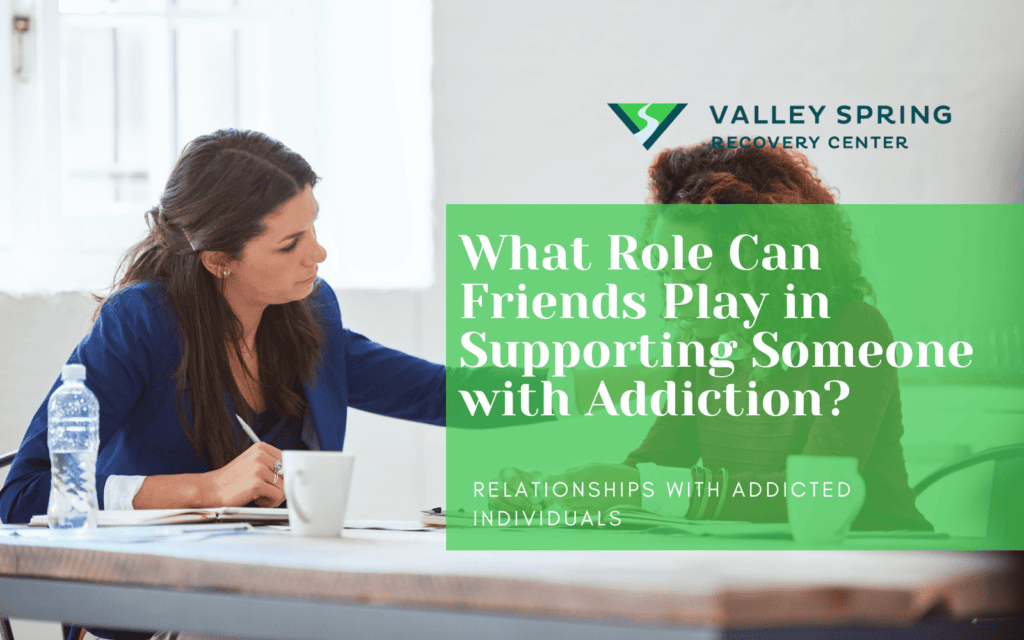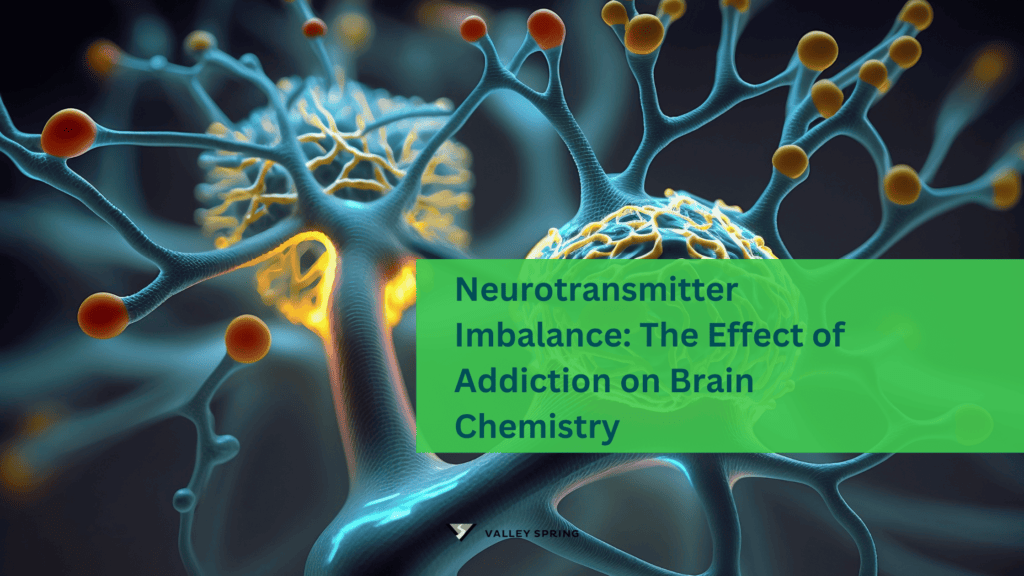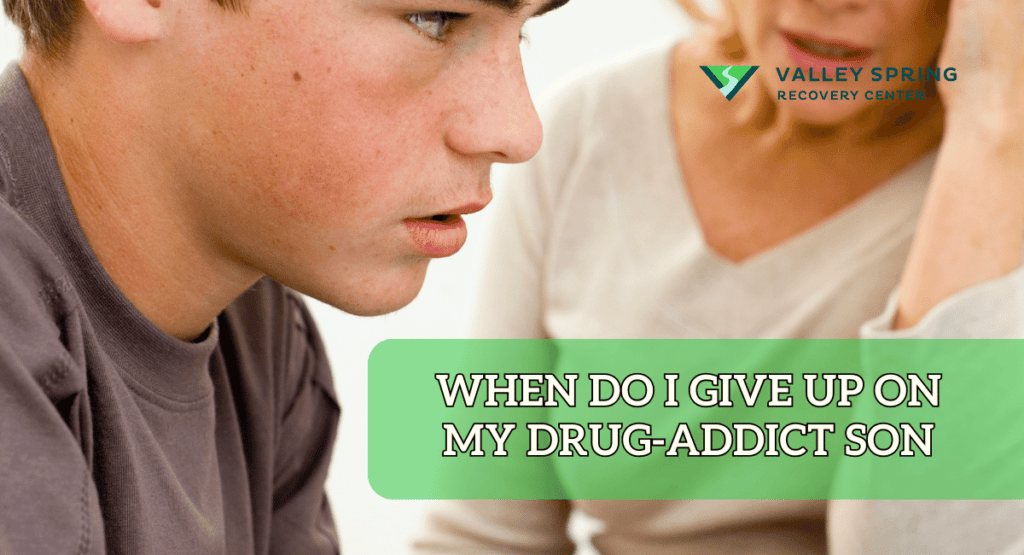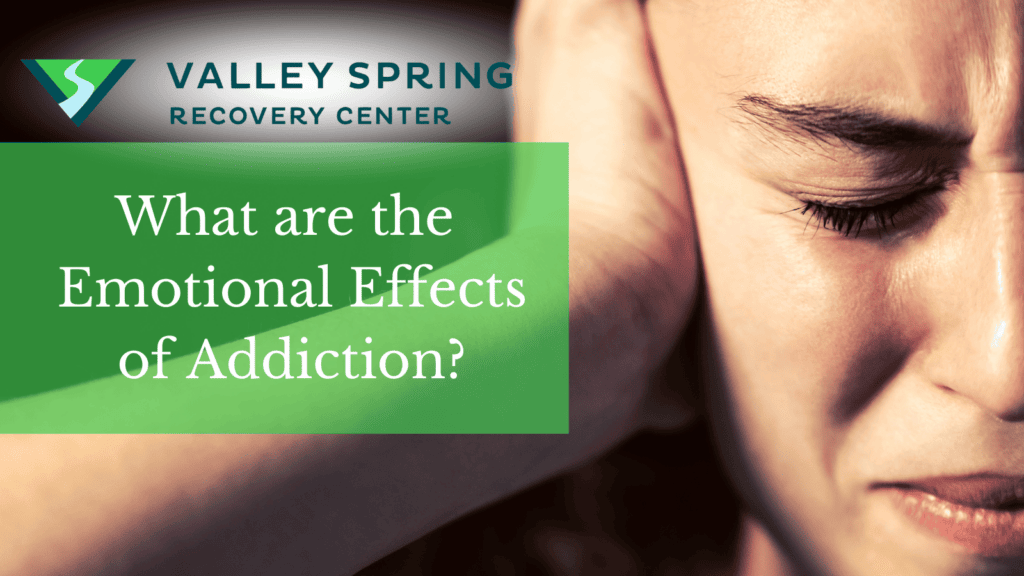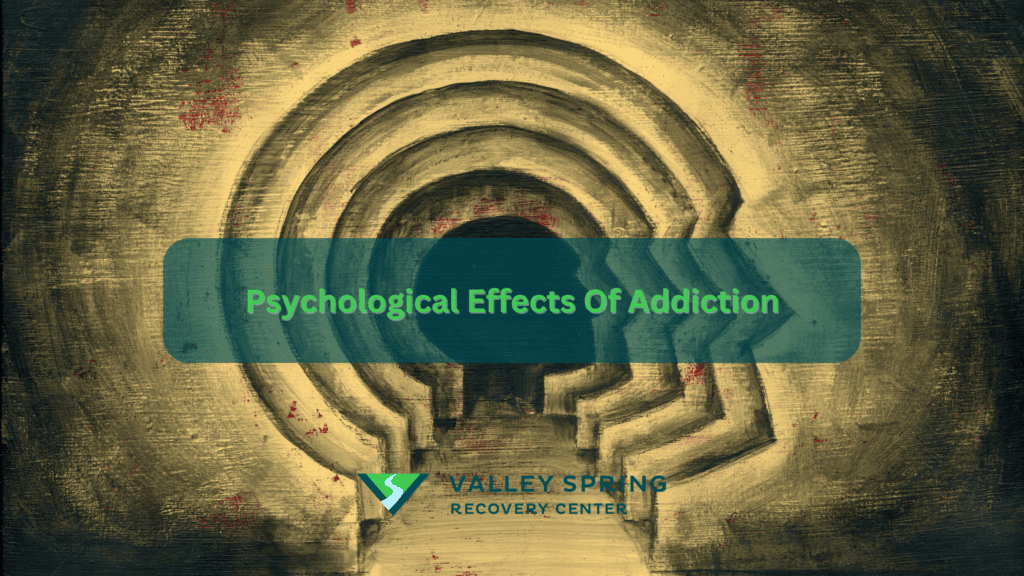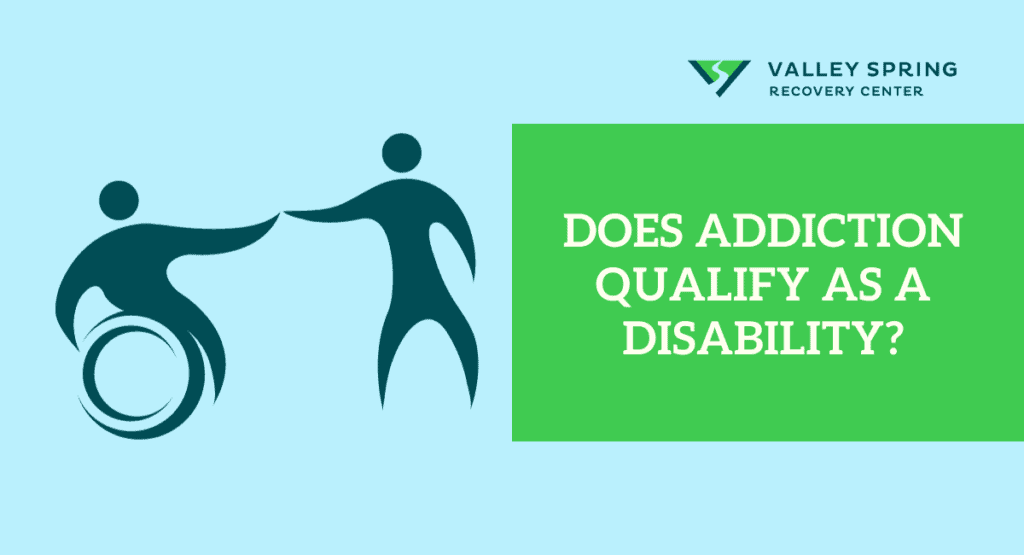Addiction is a complex and challenging journey not only for the individual struggling with it but also for their friends and loved ones. According to the National Institute on Drug Abuse, approximately 20.4 million Americans aged 12 or older had a substance use disorder in 2019 and many of those users have friends who have been deeply affected by their addiction.
The effects of addiction on friends are deeply traumatic, leading to strained relationships and impaired decision-making. Friends often endure emotional turmoil as they navigate the challenges of supporting the addict while protecting their own well-being.
Friends play a pivotal role in supporting someone through their battle with addiction. The emotional support and also boundaries provided by friends is crucial to recovery. Friends can offer practical assistance such as helping with daily tasks or facilitating access to professional help. Friends of addicts need to maintain a healthy relationship dynamic, focusing on boundaries and self-care for both parties. This comprehensive approach aims to provide insight into how friends can effectively and compassionately support individuals battling addiction.
How Addiction Affects Friendships
Addiction can severely strain friendships, leading to both immediate and long-term repercussions. According to the National Institute on Drug Abuse (NIDA) 2021 report “The Science of Drug Use and Addiction: The Basics,” substance abuse can transform once-strong friendships into relationships filled with conflict and misunderstanding, as friends struggle to cope with the addict’s behavioral changes.
Loss of Trust: As highlighted in the Substance Abuse and Mental Health Services Administration (SAMHSA) 2020 study “Behavioral Health Trends in the United States,” trust deteriorates among friends when an individual starts to hide their addiction or exhibits aggressive behavior. This often results in feelings of depression and frustration among friends, disrupting once-healthy communication dynamics.
Broken Relationships: Friendships often suffer as behaviors change due to addiction. Friends who set boundaries may find communication increasingly challenging, leading to frustration and, frequently, the end of the relationship.
Changes in Recognition: Friends may witness alarming transformations in individuals dealing with addiction, from significant weight loss to mood swings, which can make the person seem almost unrecognizable. These dramatic changes can be distressing and often lead to emotional withdrawal.
Estrangement and Coping: Sometimes, addiction can drive a person into isolation, leaving friends to discover they’ve been living in hardship or have suffered an overdose. The shock and trauma from such revelations can lead friends to develop unhealthy coping mechanisms, such as codependency, where they may rationalize or excuse the destructive behaviors of the addicted individual.
| Effect Category | How It Occurs | Why It Occurs | Strategy for Mitigation |
|---|---|---|---|
| Loss of Trust | Trust deteriorates when individuals hide their addiction or exhibit aggressive behaviors. | The secretive nature and unpredictable behavior of someone with addiction erode trust. | Maintain open communication, set clear boundaries, and seek support from counseling or support groups. |
| Broken Relationships | Friendships fracture as behavior changes and boundaries are set. | Addiction alters behavior, pushing friends to enforce boundaries which strain the relationship. | Facilitate dialogue about addiction, involve professional mediation if necessary, and encourage treatment participation. |
| Changes in Recognition | Friends notice dramatic transformations such as significant weight loss or mood swings. | Substance abuse leads to physical and psychological changes that make the individual almost unrecognizable. | Offer emotional support and understanding, encourage medical and psychological evaluations and treatment. |
| Estrangement and Coping | Addiction can isolate individuals, leading to situations like homelessness or overdose. | The severity of addiction can push individuals into extreme circumstances, shocking their friends. | Develop coping strategies such as joining support groups for friends of addicts, and engage in self-care practices. |
| Communication Breakdown | Substance abuse hampers effective communication, leaving parents emotionally unavailable. | The focus on substance use disrupts normal interactions and emotional availability. | Prioritize consistent and honest communication, and consider family therapy to improve dialogue and understanding. |
Are there specific signs that suggest a friendship is being significantly harmed by addiction?
Significant signs include increased conflicts, withdrawal from the friendship, lack of trust, emotional distancing, and feelings of frustration or helplessness within the relationship. Recognizing these signs early can prompt friends to seek intervention or support.
How does addiction influence social circles beyond immediate friendships?
Addiction can extend its impact beyond close friendships to wider social circles by diminishing the individual’s social engagement and reliability. This broader effect can lead to a reduced social network, affecting the individual’s ability to maintain social interactions and participate in community or group activities.
What can friends do if they feel overwhelmed by a friend’s addiction?
Friends feeling overwhelmed should consider seeking support for themselves, such as joining support groups specifically designed for those affected by another’s addiction (e.g., Nar-Anon or Al-Anon). It’s also advisable to set healthy boundaries to protect their mental health and well-being.
How can friends communicate effectively with someone who is struggling with addiction?
Effective communication involves speaking openly but sensitively, expressing concerns without judgment, and listening actively. Friends should avoid confrontational language and instead use “I” statements to express how the situation affects them personally.
How can friends maintain their own mental health while supporting someone with an addiction?
Maintaining mental health while supporting someone with addiction involves practicing self-care, setting and respecting personal boundaries, engaging in stress-relief activities, and possibly seeking professional counseling. It’s crucial for friends to remember that they need to be well to effectively support others.
How Can You Support a Friend With An Addiction?
The 9 ways to support a friend with addiction are listed below:
1. Emotional support
One of the most significant ways friends can help is by providing emotional support. This involves being there to listen, offering a shoulder to lean on, and showing empathy and understanding. It’s about creating a safe space where the individual feels comfortable sharing their feelings and struggles without fear of judgment.
2. Encouraging Professional Help
Friends should encourage the individual to seek professional help. This can include researching treatment options, helping them make appointments, or even accompanying them to consultations or support group meetings. It’s important to recognize the limits of what friends can do and understand that professional intervention is often necessary for recovery.
3. Staying Informed
Educating oneself about addiction is vital. Understanding the challenges, symptoms, and recovery process can help friends provide better support. It also helps in identifying potential relapse signs and knowing the best ways to respond to them.
4. Setting Boundaries
Setting healthy boundaries is crucial. This might mean refusing to enable addictive behaviors, such as lending money or covering for their absence at work or social events. It’s about protecting oneself while still offering support.
5. Being Consistent and Reliable
Consistency and reliability are key. Addiction recovery is a process with ups and downs. Being a consistent presence in their life, and offering support through both good and bad times, can make a significant difference.
6. Supporting Healthy Lifestyle Changes
Encouraging and participating in healthy activities together can be beneficial. This might include exercising, cooking healthy meals, or engaging in hobbies that don’t involve substance use.
7. Recognizing Progress
Acknowledging and celebrating progress, no matter how small, can be incredibly motivating for someone struggling with addiction. It’s important to recognize their efforts and achievements in their journey towards recovery.
8. Taking Care of Your Own Mental Health
Supporting someone with an addiction can be emotionally taxing. Friends need to take care of their own mental health by setting emotional boundaries, seeking support for themselves, and engaging in self-care activities.
9. Providing Long-Term Support
Recovery is a long-term process. Continued support, even after initial treatment, is important for maintaining sobriety. This can include regular check-ins and continuing to be a source of encouragement and support.
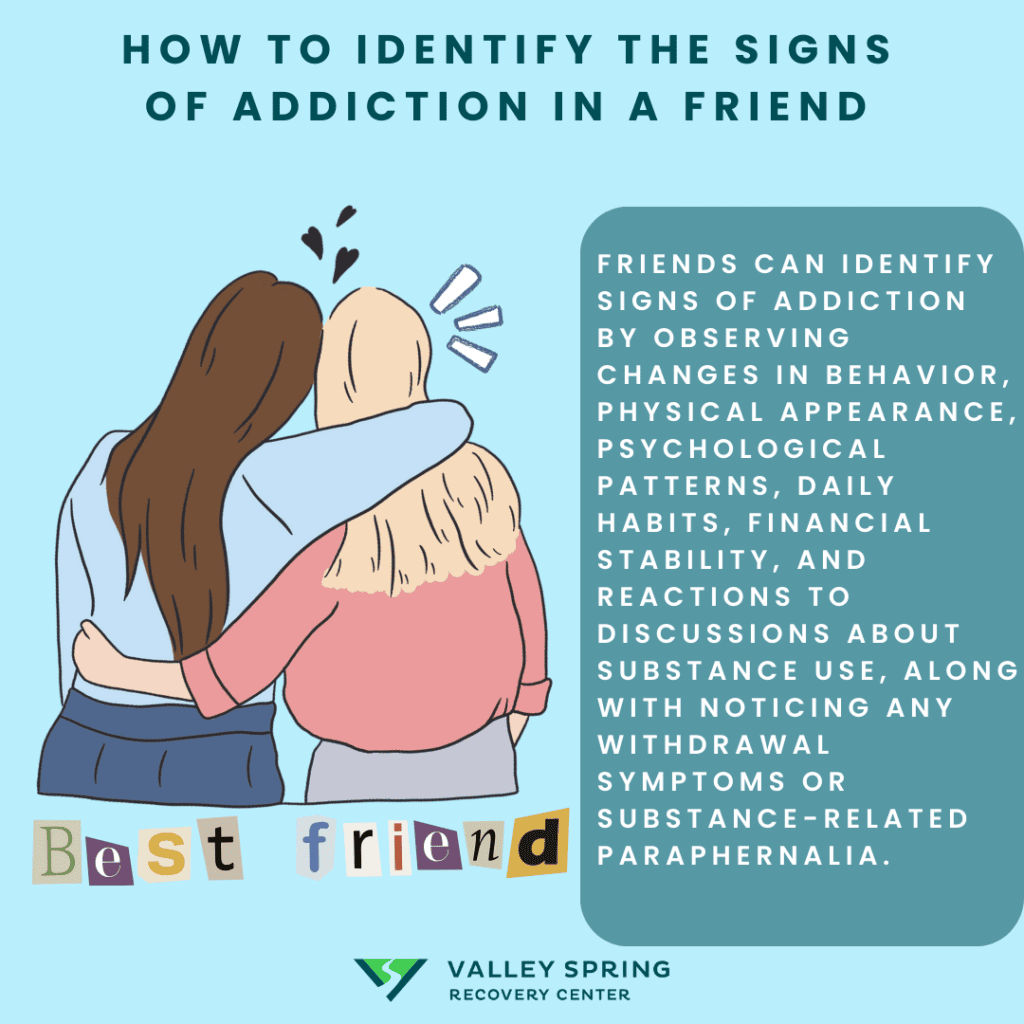
How Can Friends Identify Signs of Addiction?
Identifying signs of addiction in someone can be challenging, as they can vary widely depending on the individual and the substance or behavior they are addicted to. However, friends can play a crucial role in noticing early warning signs. Here are several key indicators that a friend might be struggling with addiction:
- Behavioral Changes: Look for significant shifts in behavior. This could include increased secrecy, lying, or stealing; sudden changes in social circles; neglecting responsibilities at work, school, or home; and engaging in risky behaviors.
- Physical Signs: Physical signs of addiction can vary but often include noticeable changes in appearance. This could be unexplained weight loss or gain, poor personal hygiene, bloodshot eyes, or marks on the body (like track marks in the case of intravenous drug use).
- Psychological Signs: Psychological signs are often less visible but can include mood swings, unexplained paranoia, irritability, or a lack of motivation. A person might also exhibit signs of depression or anxiety.
- Changes in Daily Habits: This includes changes in sleeping patterns (either sleeping too much or insomnia), a loss of interest in activities they once enjoyed, and changes in eating habits.
- Financial Problems: Sudden and unexplained financial problems can be a red flag. This could manifest as borrowing money frequently, selling possessions, or an unexplained lack of funds.
- Substance-Related Paraphernalia: Finding drug paraphernalia or evidence of substance use can be a clear sign of addiction. This might include finding bottles, syringes, pipes, or rolling papers.
- Denial or Defensiveness: If approached about their behavior, a person struggling with addiction may respond with strong denial or defensiveness.
- Withdrawal Symptoms: Observe if the person shows physical or psychological withdrawal symptoms when they haven’t had access to the substance. This might include shaking, nausea, mood swings, or anxiety.
- Tolerance: An increased tolerance to a substance, indicated by the need to use more to achieve the same effect, is a key sign of addiction.
- Neglecting Relationships and Obligations: If a person starts to neglect relationships, duties, or hobbies that were once important to them, it could be a sign of addiction.
Understanding these signs can help friends identify potential addiction issues early on. However, it’s important to approach the situation with sensitivity. If addiction is suspected, it’s advisable to encourage the person to seek professional help, as friends, while supportive, are not a substitute for professional addiction treatment.
What Are the Dos and Don’ts for Friends When Supporting Someone with Addiction?
Dos: Show empathy, listen without judgment, encourage professional help, stay informed about addiction, and take care of your own mental health.
Don’ts: Avoid enabling their addictive behavior, don’t confront them when they are under the influence, and avoid moral judgment or ultimatums, as these can push them away.
Can Supporting an Addict Affect the Friend’s Mental Health?
Yes, supporting someone with an addiction can be emotionally challenging and may affect the friend’s mental health. Friends should be mindful of their own well-being, set boundaries for themselves, and seek support when needed, whether through counseling, support groups, or personal time off.
How Can Friends Help with an Addict’s Recovery Process?
Friends can help by encouraging the addict to seek and stick with treatment, offering to attend therapy sessions or meetings with them, engaging in healthy activities together, and providing a stable environment that discourages substance use. Continuously offering emotional support and being patient is also crucial.
What Should Friends Avoid Saying to Someone Struggling with Addiction?
Friends should avoid phrases that could be perceived as judgmental or dismissive, such as “Just stop using,” “Why can’t you control yourself?” or “You’re ruining your life.” It’s important to communicate with empathy and understanding, focusing on the person’s feelings and health.
How Can Friends Navigate Their Own Emotions While Supporting an Addict?
It’s essential for friends to acknowledge and address their own emotions. This can involve expressing their feelings in a healthy way, setting boundaries, seeking their own support system, and possibly engaging in therapy or support groups designed for the loved ones of those with addiction.
What Role Can Friends Play in Preventing Relapse?
Friends can play a significant role in preventing relapse by offering ongoing support, helping the individual avoid triggers, encouraging continued treatment and healthy habits, and being vigilant for signs of relapse. It’s important for friends to educate themselves about the recovery process and relapse prevention strategies.

How Should Friends React If the Addict Refuses Help?
When an addict refuses help, it puts friends in a challenging position. However, there are several ways they can navigate this situation effectively while maintaining their own well-being:
- Maintain Open Communication: Keep the lines of communication open. Let the individual know that you are there for them and that you care about their well-being. Offer a non-judgmental, listening ear and ensure that they know you are a safe person to talk to.
- Express Concerns Thoughtfully: When expressing concerns, focus on the impact of their behavior on their health and well-being rather than the addiction itself. Use “I” statements to communicate how their behavior affects you and others, which can be less confrontational.
- Offer Information and Resources: Continue to provide information about treatment options, but do it gently and without pressure. You can offer to help them research treatment facilities, support groups, or therapists, and keep this information accessible if they change their mind.
- Set and Maintain Healthy Boundaries: It’s crucial to establish boundaries to protect your own emotional and mental health. Decide what you are and are not willing to do or tolerate, communicate these boundaries clearly, and stick to them.
- Avoid Enabling Behavior: Enabling can inadvertently prolong the addiction. Avoid behaviors like lending money, covering up for their actions, or making excuses for their behavior.
- Encourage Small Steps: If they’re not ready for full treatment, suggest smaller steps like visiting a doctor, joining a support group meeting, or speaking with a counselor.
- Stay Informed and Educated: Educate yourself about addiction and recovery. This knowledge can help you understand what your friend is going through and the challenges they face.
- Take Care of Yourself: It’s important to look after your own mental and emotional health. Consider seeking support for yourself through counseling or support groups for friends and family of addicts.
- Be Prepared for All Outcomes: Understand that the road to recovery is often long and difficult, and relapse can be part of the process. Be prepared for various outcomes, including the possibility that your friend may not accept help until they hit rock bottom.
- Remain Hopeful and Supportive: Continue to offer your support and let them know that you believe in their ability to recover. However, make sure that your support is not enabling their addiction.
Dealing with addiction is complex, and it’s important to balance support for your friend with taking care of your own needs. Remember, while you can offer support and encouragement, ultimately, the decision to seek help lies with the individual struggling with addiction.
What Can Friends Do If They Feel Overwhelmed by the Situation?
If friends feel overwhelmed, they should seek support for themselves. This can include talking to a mental health professional, joining support groups for friends and family of addicts, and engaging in self-care activities. It’s important to recognize and address one’s own limits in providing support.
How Can Friends Educate Themselves About Addiction and Recovery?
Friends can educate themselves by reading reputable sources about addiction and recovery, attending workshops or seminars, speaking to addiction specialists, and joining support groups where they can learn from the experiences of others. Knowledge is a powerful tool in providing effective support.
Should a friend of a drug abuser alert parents, siblings, or employers of the problem?
Whether a friend of an addict should alert parents, siblings, or employers about the problem when the individual is refusing help depends on several factors, including the severity of the addiction, the potential risk to the individual or others, the age of the person involved, and the nature of their relationships.
- For Minors or Young Adults: If the individual is a minor or a young adult, informing their parents or guardians can be crucial, as they may be able to intervene and provide the necessary support and resources.
- For Adults: With adults, the decision becomes more complex. It’s important to consider the addict’s right to privacy and the potential impact on their personal and professional life. However, if the addiction poses a serious risk to their safety or the safety of others, involving family members might be necessary.
- Workplace Involvement: Involving employers is generally not advisable unless the addiction directly impacts work safety or performance. It’s important to consider the potential consequences for the individual’s job and career.
- Evaluate the Relationship: Consider the nature of your relationship with the addict and their family or employer. If you have a close relationship with the family, they might appreciate knowing about the situation. However, be cautious and sensitive in how you approach the topic.
- Seek Guidance: If in doubt, it might be beneficial to seek advice from a professional, such as a counselor or addiction specialist, who can provide guidance on the best course of action.
Ultimately, the decision should be made with the individual’s best interests in mind, balancing their right to privacy with their need for help and safety. Keep in mind that the effects of addiction on siblings and family members are similar to the effects on friendship. Family members can feel deceived and upset when they hear about the addiction so it’s important to have the conversation in a calm settings. Letting a family member know about the drug abuse can be a good first step if the addiction is escalating.
How do the effects of addiction on friends compare to the effects on parents?
While addiction profoundly impacts friendships through trust issues, communication breakdowns, and social withdrawal, its effects on family members are often even more deep-seated. Family members, including spouses, children, and parents, typically experience more intense emotional, financial, and practical challenges. The dynamics within a family can change drastically, with increased responsibilities placed on non-addicted members and often more severe emotional disturbances. For a detailed exploration of these dynamics and to understand more about the broader impacts within a household, consider reading about the effects of addiction on parents.
How does addiction affect school students and classmates of substance misusers?
Addiction can have profound impacts not only on the students who misuse substances but also on their classmates, affecting the academic environment and social dynamics within schools. Here’s how addiction influences school students and their peers:
- Disruption of Learning Environment: Students struggling with substance misuse may exhibit disruptive behavior, such as absenteeism, lack of participation, or disturbances in class. This can divert teachers’ attention and disrupt the learning environment, potentially impacting the educational experience of other students.
- Social Dynamics: Classmates of students who misuse substances may experience shifts in social interactions. Peer groups may fragment as students avoid those involved with drugs, or alternatively, some may be drawn into substance-using groups, increasing their risk of substance misuse.
- Increased Stress and Anxiety: The presence of addiction within a peer group can introduce elements of stress and anxiety among classmates. Students may feel uncertain about how to interact with a peer who is struggling with addiction, or they may feel compelled to take on a caretaker role, which can be emotionally taxing.
- Safety Concerns: Substance misuse can lead to unpredictable behavior. Classmates might feel unsafe or threatened, particularly if drug-related activity leads to increased aggression or conflict within the school.
- Academic Performance: The academic performance of classmates can also suffer. The collective focus may shift from academic achievements to dealing with or circumventing disruptions caused by those struggling with addiction. This environment can diminish motivation and academic engagement.
- Impact on Mental Health: Witnessing the effects of addiction on peers can lead to feelings of sadness, helplessness, or despair among classmates. This environment can exacerbate or contribute to mental health issues such as depression or anxiety among the student body.
- Normalization of Substance Use: Repeated exposure to peers who misuse substances can normalize this behavior among other students. This normalization may reduce perceptions of risk associated with drug use, potentially leading to higher rates of substance experimentation and use.
Addressing the effects of addiction on classmates, schools and students requires comprehensive strategies that include education on substance misuse, support services for affected students, and interventions tailored to maintain a safe and supportive learning environment. This approach not only aids those directly dealing with addiction but also protects and educates the wider student community.
Ben Fisher
All author postsShare This Post

